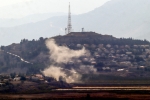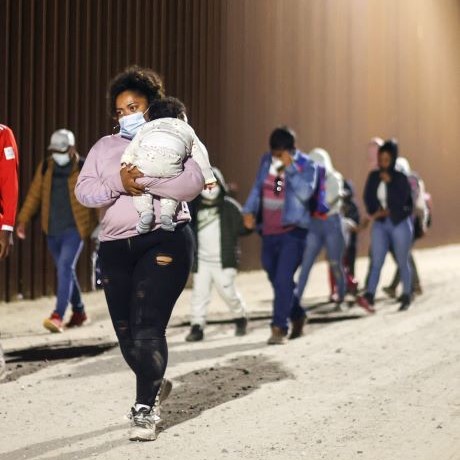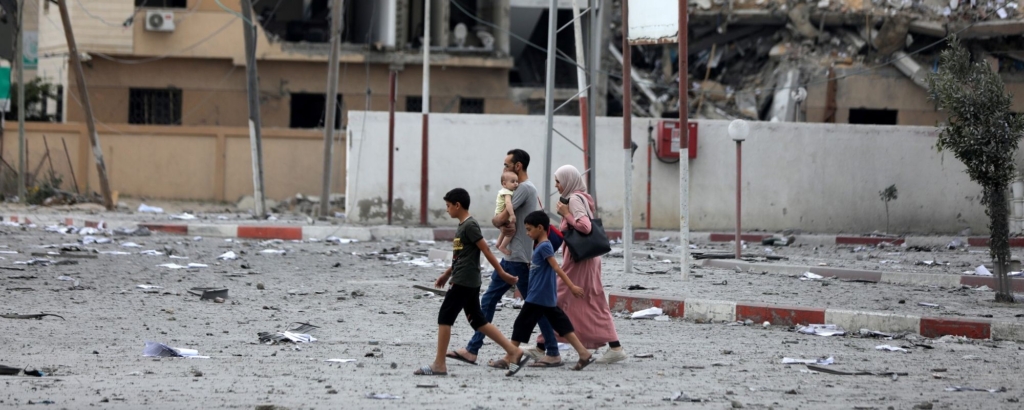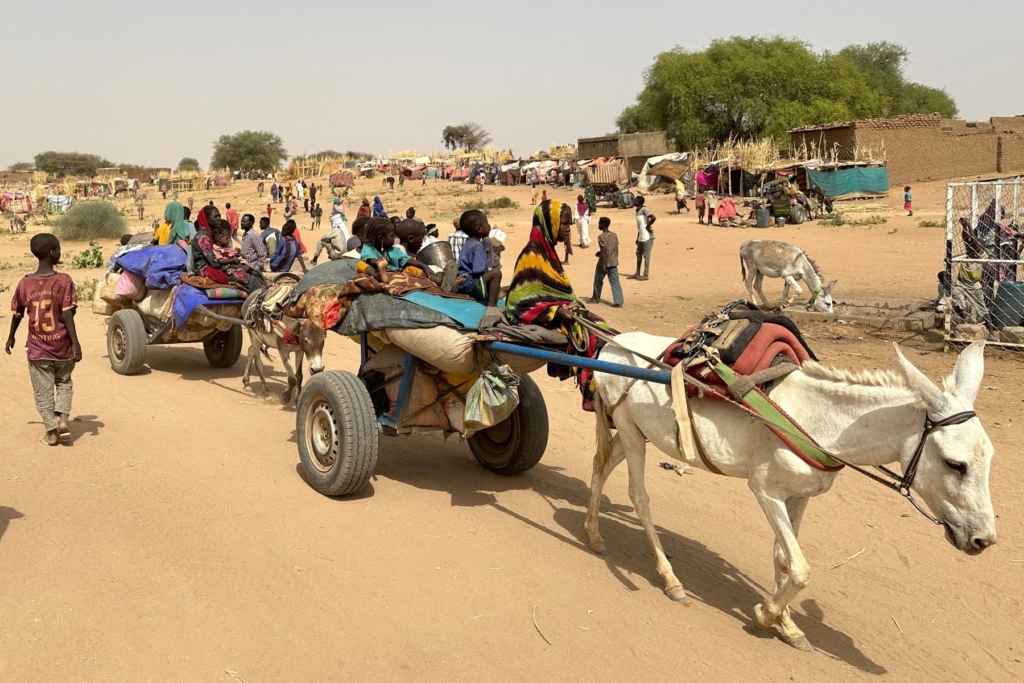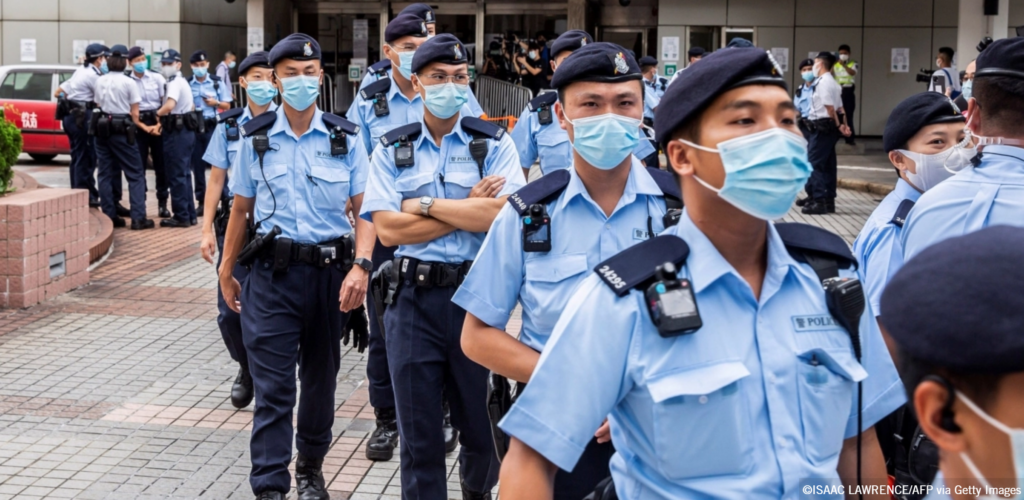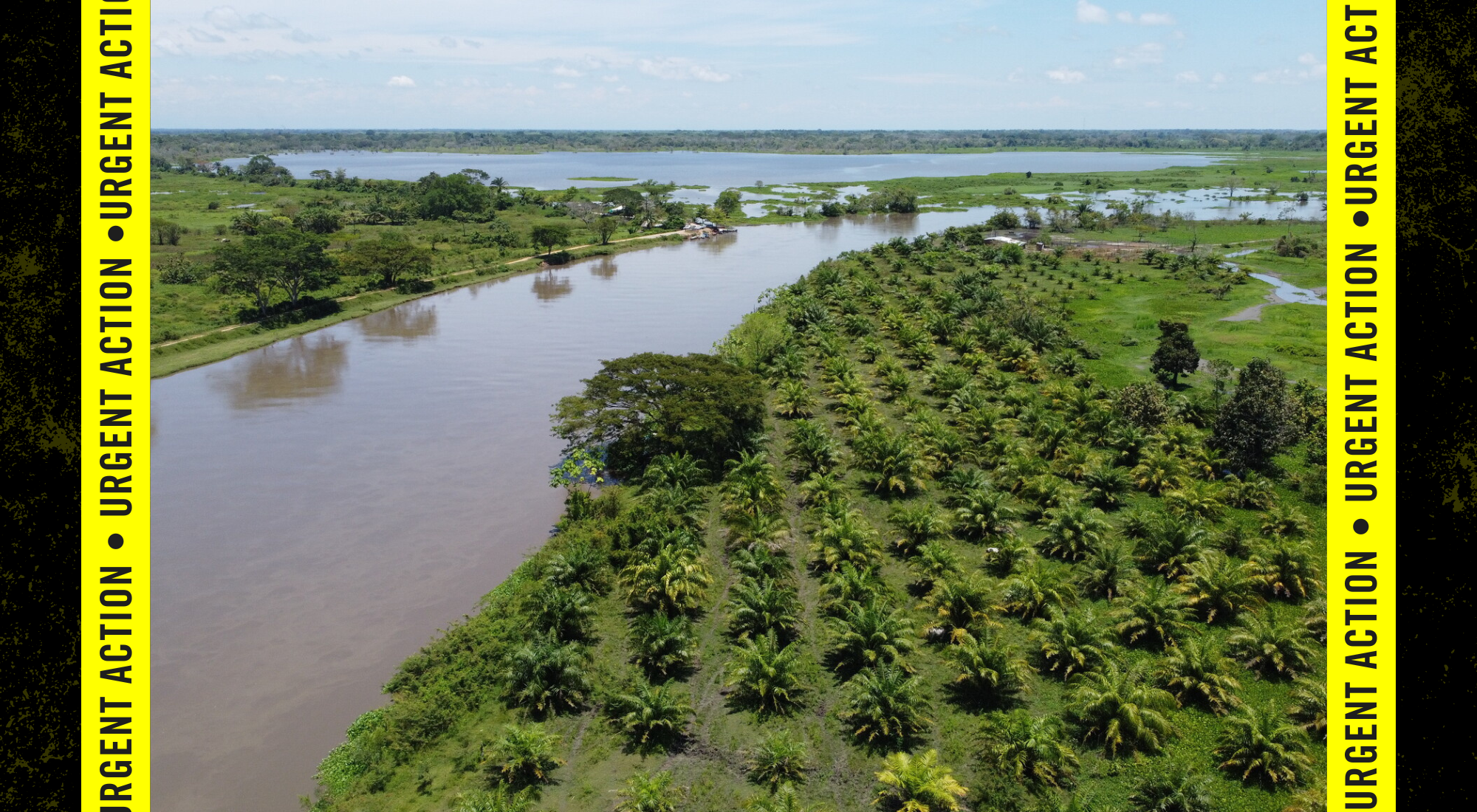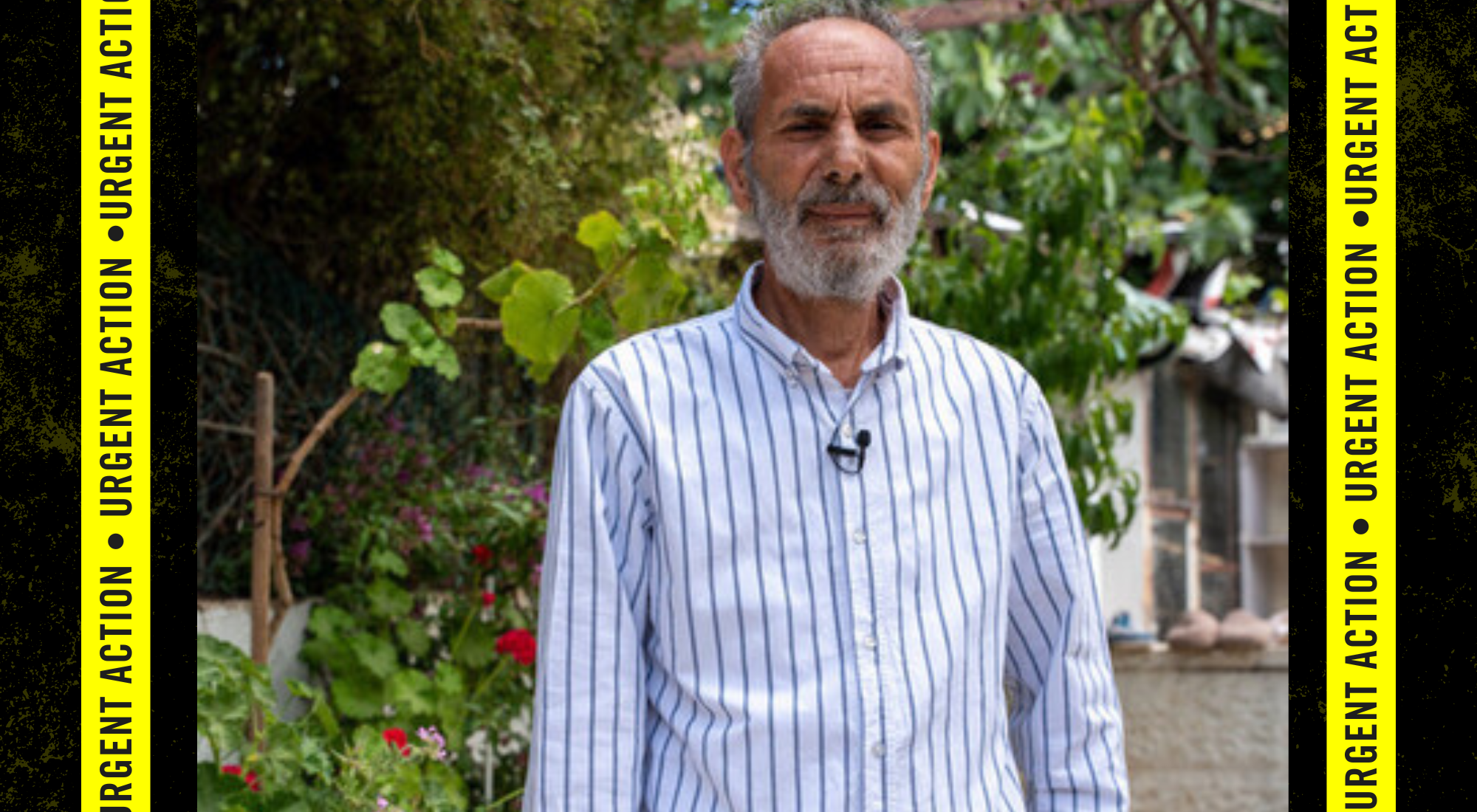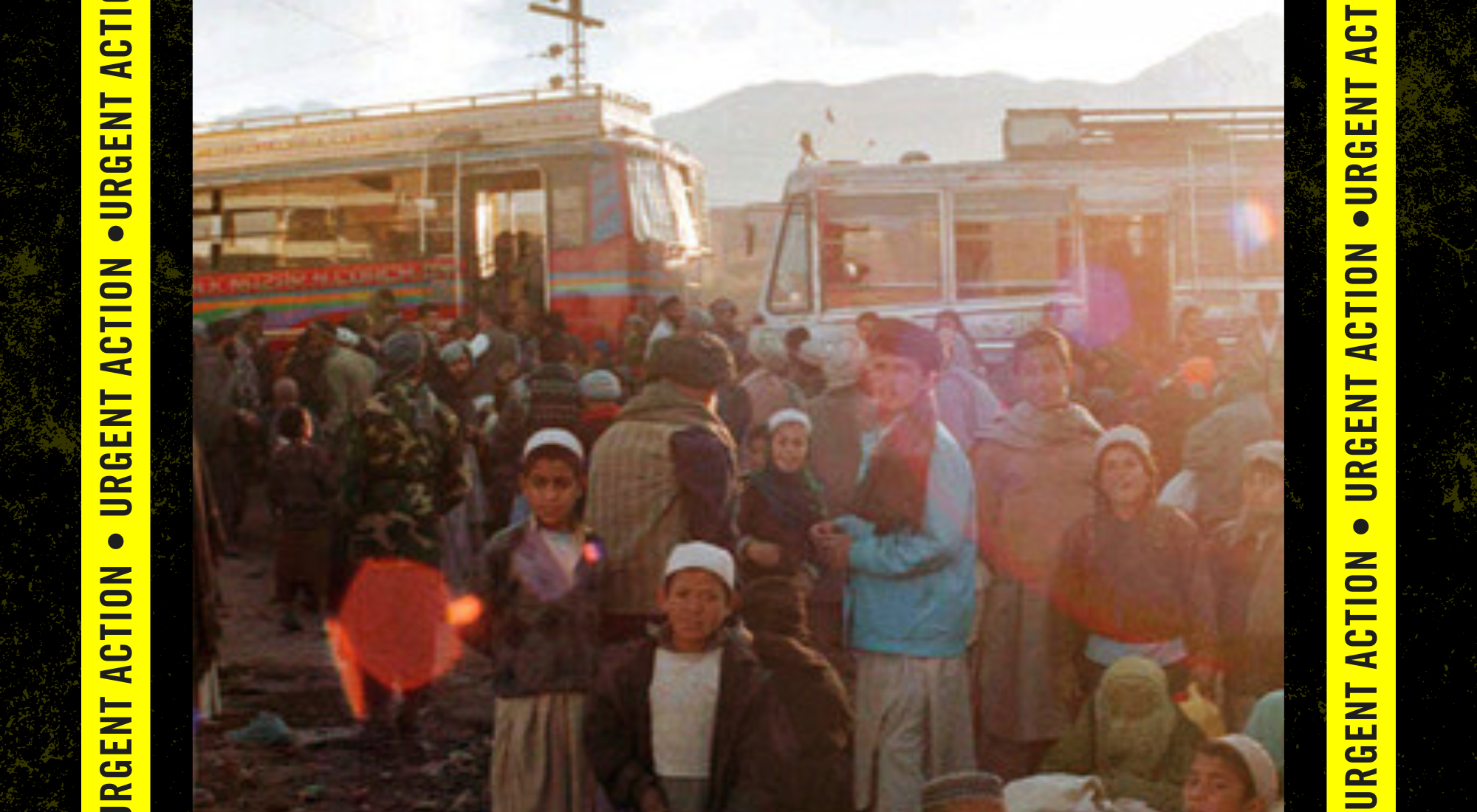On October 3, 2023, the Pakistani government announced its decision to deport unregistered Afghan refugees back to danger in Afghanistan by November 1. This decision is in breach of its international obligations. Since November, authorities have deported Afghans and increased the crackdown on unregistered Afghan refugees, resulting in arbitrary arrests, unlawful detentions of refugees and separation of families, including minors and women. Authorities have not allowed access to detention centers recently set up for deportation purposes. Houses belonging to Afghan refugees have also been demolished, and properties seized. It is imperative to demand that the Government of Pakistan immediately halt the continued detentions, deportations, and widespread harassment of Afghan refugees.
Here’s what you can do:
Write to the Caretaker Prime Minister urging him to:
- Stop the crackdown on Afghan refugees, immediately halt forced returns of Afghans and reverse your decision.
- Immediately release refugees arbitrarily detained in detention centers and further refrain from detaining Afghan refugees.
- Create pathways for obtaining timely documentation and renewing all expired visas especially of at-risk populations, such as women and girls, human rights defenders, journalists, and religious and gender minorities.
Write to:
H.E. Anwaar-ul-Haq Kakar
Caretaker Prime Minister
Islamic Republic of Pakistan
Constitution Avenue
G-5/2 Islamabad
Pakistan
Salutation: Your Excellency:
And copy:
His Excellency Zaheer Aslam JANJUA
High Commissioner
High Commission for the Islamic Republic of Pakistan
10 Range Road
Ottawa, ON K1N 8J3
Tel: (613) 238-7881, -7882, -7883 Fax: (613) 238-7296
Email: pahicottawa@mofa.gov.pk
Background
On October 3, Pakistan announced that unregistered Afghans would be deported to Afghanistan on November 1, 2023. Since then, at least over 300,000 Afghans have been reportedly returned.
For 40 years, Pakistan has been a host country to the largest population of Afghan refugees in the world. According to the United Nations High Commissioner for Refugees (UNHCR), there are now more than 3.7 million Afghans living in Pakistan. This includes 600,000 who fled Afghanistan due to fear of the Taliban’s reprisal after the collapse of the Afghan government in August 2021.
Amongst these are hundreds of Afghan human rights defenders, women activists and protestors, journalists, and other dissidents who were waiting for relocation to a third country and are now experiencing various forms of harassment in Pakistan.
Censorship
Under the Taliban’s rule, Amnesty International has documented extrajudicial executions, arbitrary arrests, torture, forcible disappearances of dissenting voices, journalists, activists, and former government employees, amongst others. The Taliban has violated the rights of women and girls in the country, including access to education beyond primary school and work. Violations of women and girls’ rights are of such magnitude and serious nature that they constitute a system of repression that discriminates them in almost all aspects of their lives.
The Pakistani government is carrying out mass forced deportations just before winter, at a time when Afghanistan is already grappling with a humanitarian crisis. Those being forced to return risk homelessness, loss of livelihood and lack of access to essential services. In Afghanistan, more than 97% of the population is living in poverty, with an estimated 29 million people – nearly three-quarters of its approximately 40 million inhabitants – in need of urgent assistance for daily survival.
Moreover, the UN humanitarian response plan for Afghanistan remains largely unfunded. The human rights and humanitarian crisis are further exacerbated by natural disasters, such as years of persistent drought and earthquakes. In October 2023, thousands of people have been affected by earthquakes in Herat province, leading to over 2,000 deaths and the destruction of numerous homes.
International appeals
Richard Bennett, the UN Special Rapporteur on the situation of human rights in Afghanistan, Felipe González Morales, the Special Rapporteur on the human rights of migrants, and Reem Alsalem, the Special Rapporteur on violence against women and girls, have united in calling on the Pakistan government to abandon its plan for the forced deportation of undocumented Afghan refugees from Pakistan.
These experts have expressed their concern about the potential refoulement of Afghan nationals back to Afghanistan, a move that could place many – including numerous families, women, and children – at risk of irreparable harm. They have stressed that these individuals could face serious human rights violations and abuses upon returning to their home country. The office of the UN High Commissioner for Human Rights also called on the Pakistani authorities to suspend forcible returns of Afghan nationals to avoid a human rights catastrophe.
Although Pakistan is not a party to the 1951 Geneva Convention Relating to the Status of Refugees, nor the 1967 Protocol, it is bound by the non-refoulement principle. The prohibition of refoulement is an obligation included in the Convention against Torture and Other Cruel, Inhuman or Degrading Treatment or Punishment, to which Pakistan is State party and it prohibits States from transferring anyone, in any manner whatsoever, to a place where they would be at risk of torture or other serious human rights violations.











